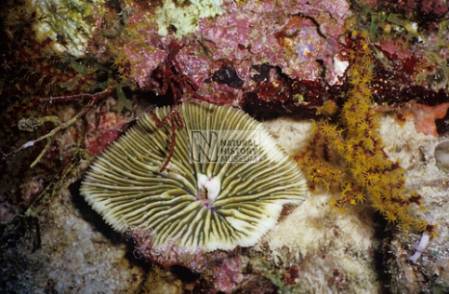Conservation of reef corals of the world: why phylogeny matters
Danwei Huang
Postdoctoral scholar, University of Iowa
Friday 18 October 11:00
Sir Neil Chalmers seminar room, Darwin Centre LG16 (below Attenborough studio)
One third of the world's reef-building corals are facing heightened extinction risk from anthropogenic climate change and local impacts. Extinction probabilities aside, species are not equal. Rather, evolutionary processes render each species, or species assemblage in general, unique with a distinctive history that can be characterised for conservation. My research is aimed at quantifying these patterns based on a robust understanding of the coral tree of life. In this talk, I will show that it is critical to consider species' contribution to evolutionary diversity in conjunction with their extinction risk when setting priorities to safeguard biodiversity.
My analyses identify the most endangered lineages that would not be given top priority on the basis of risk alone, and further demonstrate that corals susceptible to impacts such as bleaching and disease tend to be close relatives. One of Earth's most threatened reef regions, the Coral Triangle, is also famously the most biodiverse. While competing ideas are plentiful, the dynamics underlying this biogeographic pattern remain poorly understood. Phylogenetic modelling adds a valuable dimension to these explanations, and can help us uncover the evolutionary processes that have shaped coral richness in the hotspot. Indeed, conservation of the world's reef corals requires protecting the historical sources of diversity, particularly the evolutionarily distinct species and the drivers of its geographic diversity gradient.
For additional details on attending this or other seminars see http://www.nhm.ac.uk/research-curation/seminars-events/index.html



